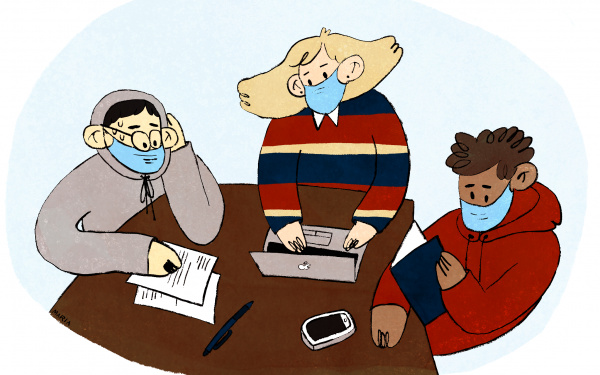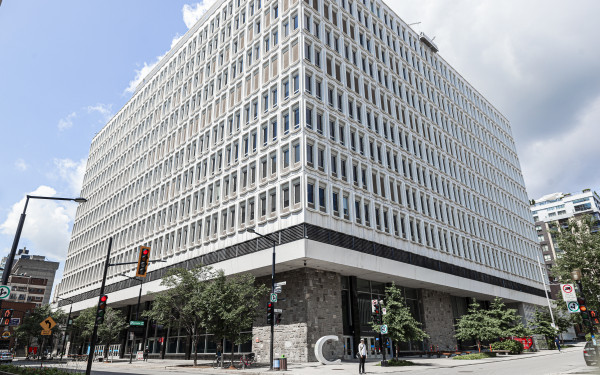Editorial: Students deserve compassion as pandemic drags on
Concordia University is moving forward with yet another semester online.
While we can agree that it is the safer choice regarding health concerns, the announcement highlights the need to address unfair conditions that many at the university are imposing on students.
Despite the added stress of the pandemic, students are still expected to perform as we would under normal circumstances—a reality that only seems to be moving further away amid new waves of global distress.
Students are still dealing with the added burden of continuing their academic journeys online, which to many, has been taxing in more ways than one. It is no time to scale back the kinds of flexibility that were offered out of an acknowledgment of adversity last year.
Online learning causes a great imbalance in student life that the university still needs to acknowledge. The first three months of the pandemic worsened the mental health of 64 per cent of Canadians aged 15-24 according to Statistics Canada. It’s been almost one year since campuses closed, and the stress for students is still very much present.
One can only adapt so much to online learning and endless screentime. The difficulties of this mode of instruction still remain. This disruption, combined with the additional stress of coping with a pandemic—financial distress, limitations in the job market, and other impacts on mental health—creates an uneven field to evaluate performance and worsens the inequities already rooted in our institution.
Professors’ expectations for students to approach the same level of performance without taking into account the additional burden of coping with the pandemic strengthens classist realities at the university. Many students have had to drop classes to be able to balance their school work with other obligations.
Concordia’s tuition fees went up again, but claims that the quality of education has not suffered from online learning are eminently untrue.
Professors cannot ignore the added challenges of the pandemic simply because it has become the new normal after learning online for almost one year. We’re living through painful and unprecedented times no matter how long they drag on, and for students who do not have the privilege to centre academics in their lives, this is only many times more the case.
Universities cannot simply say this is the new reality and deprive students of the compassion and leniency they need to cope with their deteriorating capacities to perform. The aspects of student life that make it bearable can scarcely be found, and even the most capable professors cannot provide the experience they can in the classroom. It is easy to understand why students feel robbed by tuition hikes and marketing materials promising a quality education.
Although the arrival of the vaccine represents a distant light at the end of the tunnel, the pandemic is still far from over. Concordia must do better to accommodate suffering students and commit itself to finding ways to fight widening disparities in its virtual halls.

.png)


_600_375_s_c1.png)
1_600_375_90_s_c1.jpg)

